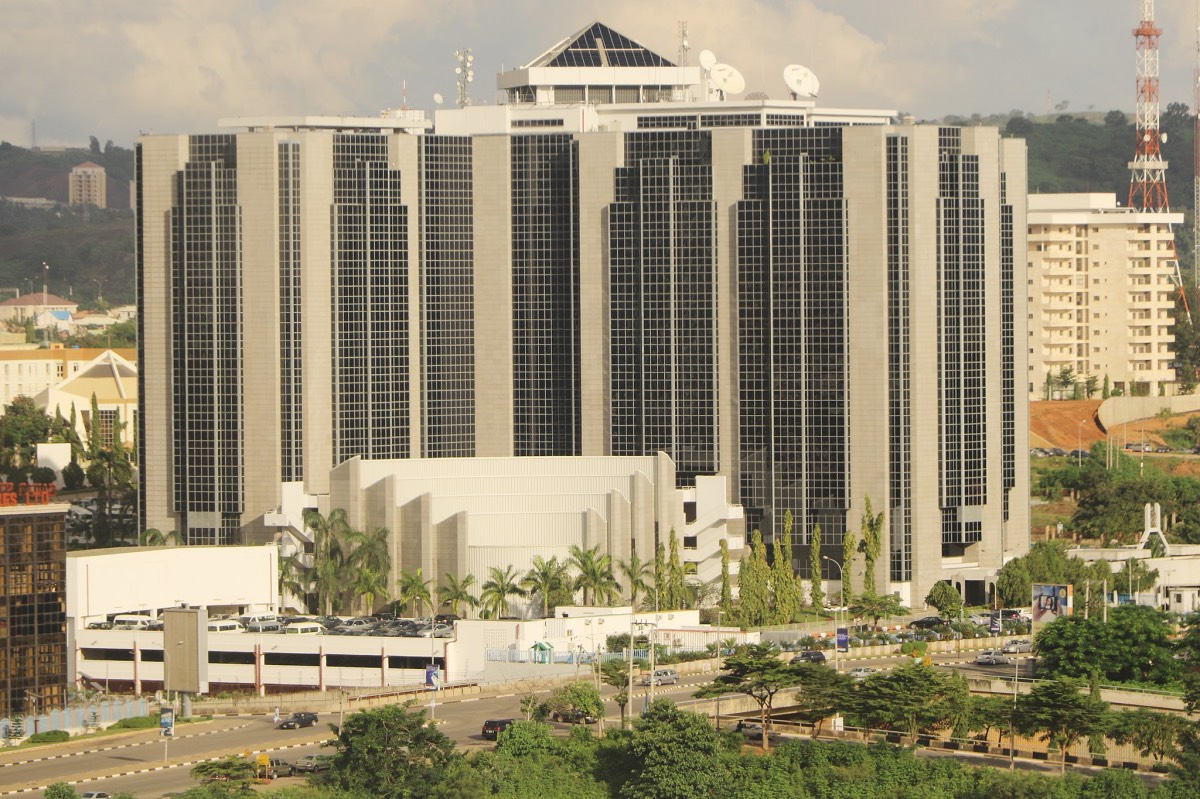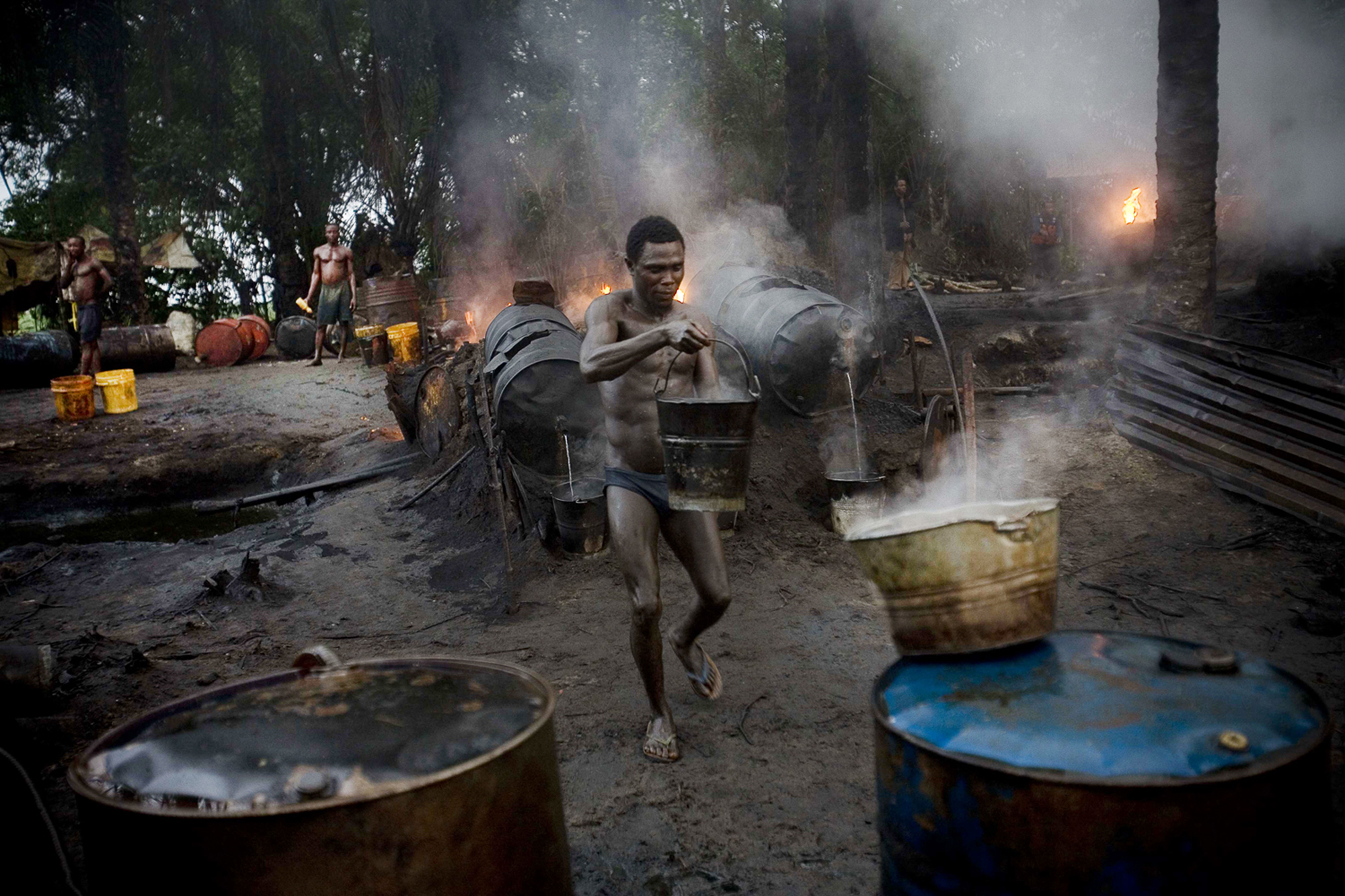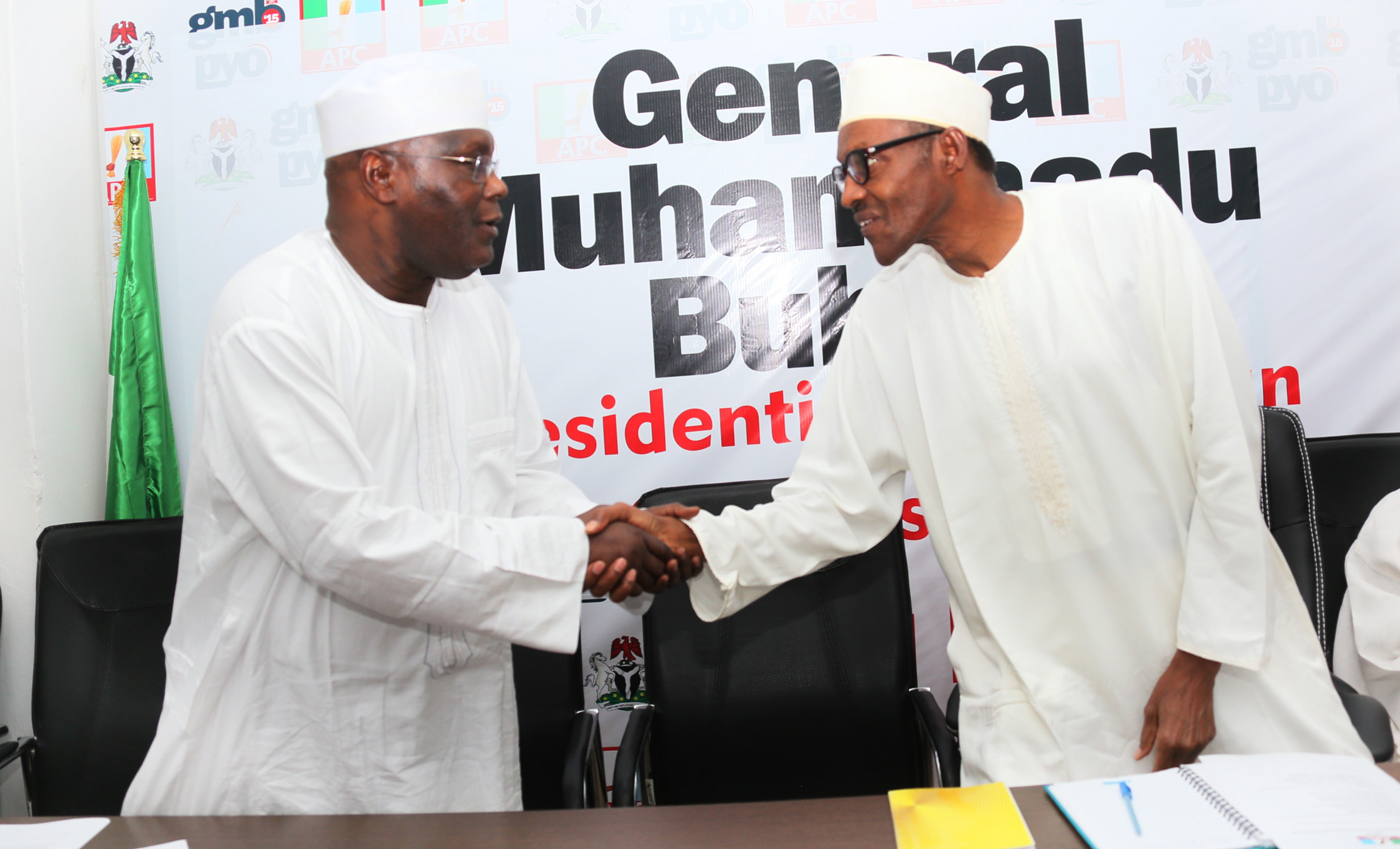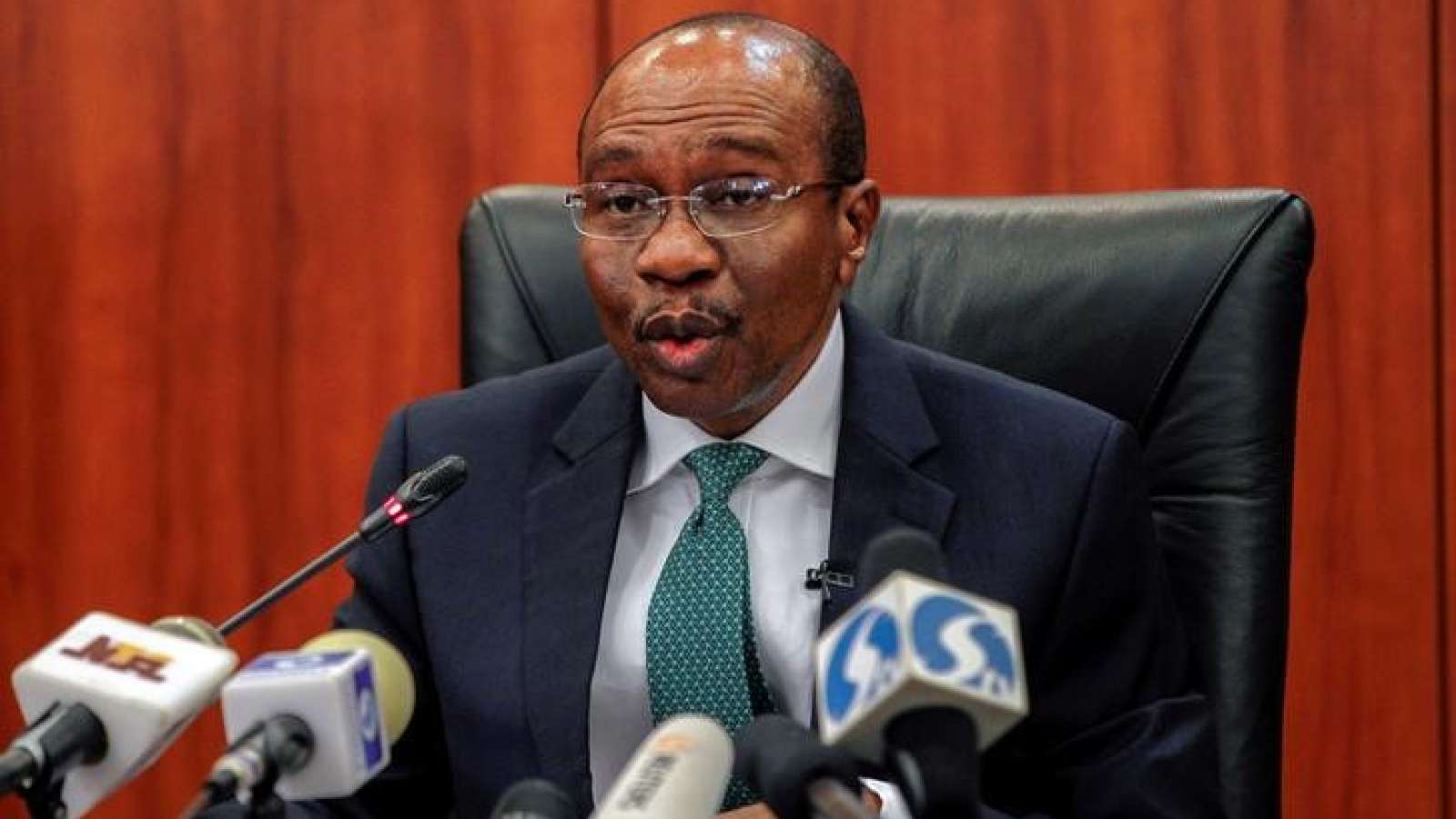The Central Bank of Nigeria, CBN, was recently forced to intervene in the interbank foreign exchange market, providing additional fiscal stimulus to the tune of $210 million. Data obtained from the CBN confirmed it had offered $100 million to the wholesale forex vertical, and $55 million to the small and medium enterprises (SMEs) vertical. The invisibles vertical – spanning tuition fees, medical payments and basic travel allowance (BTA) – also received an additional $55 million of support.
Despite recent reports indicating that foreign investors were withdrawing billions of dollars from the Nigerian stock market, the CBN’s director of corporate communications, Isaac Okorafor, insisted the CBN was content with the state of its forex market. Mr Okorafor confirmed that the bank will not hesitate to intervene in the future to maintain essential liquidity in the market and underpin the global value of the naira.

Mr Okorafor reiterated the CBN’s ambition of maintaining a stable exchange rate for the naira. He was also of the belief that the transparency within the Nigerian stock market was a much-needed confidence boost for the market as a whole.
The CBN also intervened earlier this month by updating its record of items ineligible for access to foreign exchange in the forex market for the importation of certain goods and services, which has become increasingly important not only for businesses but for individual traders throughout the world too.
Fertiliser was the latest addition to a list which now includes 42 items, such as rice, meat, vegetables, eggs, glassware and cosmetics, to name but a few. The statement issued by the CBN spoke of its “continued effort to sustain the achievement recorded from the classification of 41 import items as ‘not valid for foreign exchange’ in the Nigerian exchange market”. Its official notice to “authorised dealers and the general public” reveals “the inclusion of ‘fertiliser’ on the list effective Friday, December 07, 2018”.

The long-term thinking behind this move has always been to encourage the local production of these items whilst conserving forex reserves and breathing new life into Nigerian industries and levels of employment. However, 2018 has been anything but a breeze for the Nigerian economy, leaving many economic analysts scratching their heads. Ordinarily, this year should have been a time of economic prosperity for the people of Nigeria. Worldwide oil prices had surged upwards by 40%, which provides more than half (56%) of the Nigerian government’s revenue. Meanwhile the end of militant activity within the Niger Delta – an area considered to be rich in oil – has also helped crude production to improve.
Yet despite these positive developments, the International Monetary Fund, IMF, opted to downgrade its forecast for Nigeria’s economic growth in 2018 from 2.1% to 1.9%. Furthermore, the IMF anticipates that income per capita will remain on the decline until 2023 at the earliest.

Of course, all eyes within Nigeria will be fixated on the nation’s next presidential election in February 2019. President Buhari faces stiff competition for his role from former vice-president, Atiku Abubakar. Mr Abubakar has presented himself as a man for the Nigerian economy, with an ambition to kickstart local economies and entice overseas investment once again in Nigeria’s oil sector, all of which whilst reducing the federal budget deficit. It’s a risky strategy that some of Abubakar’s critics believe could limit economic growth in the immediate term. It is very much a case of ‘watch this space’.







